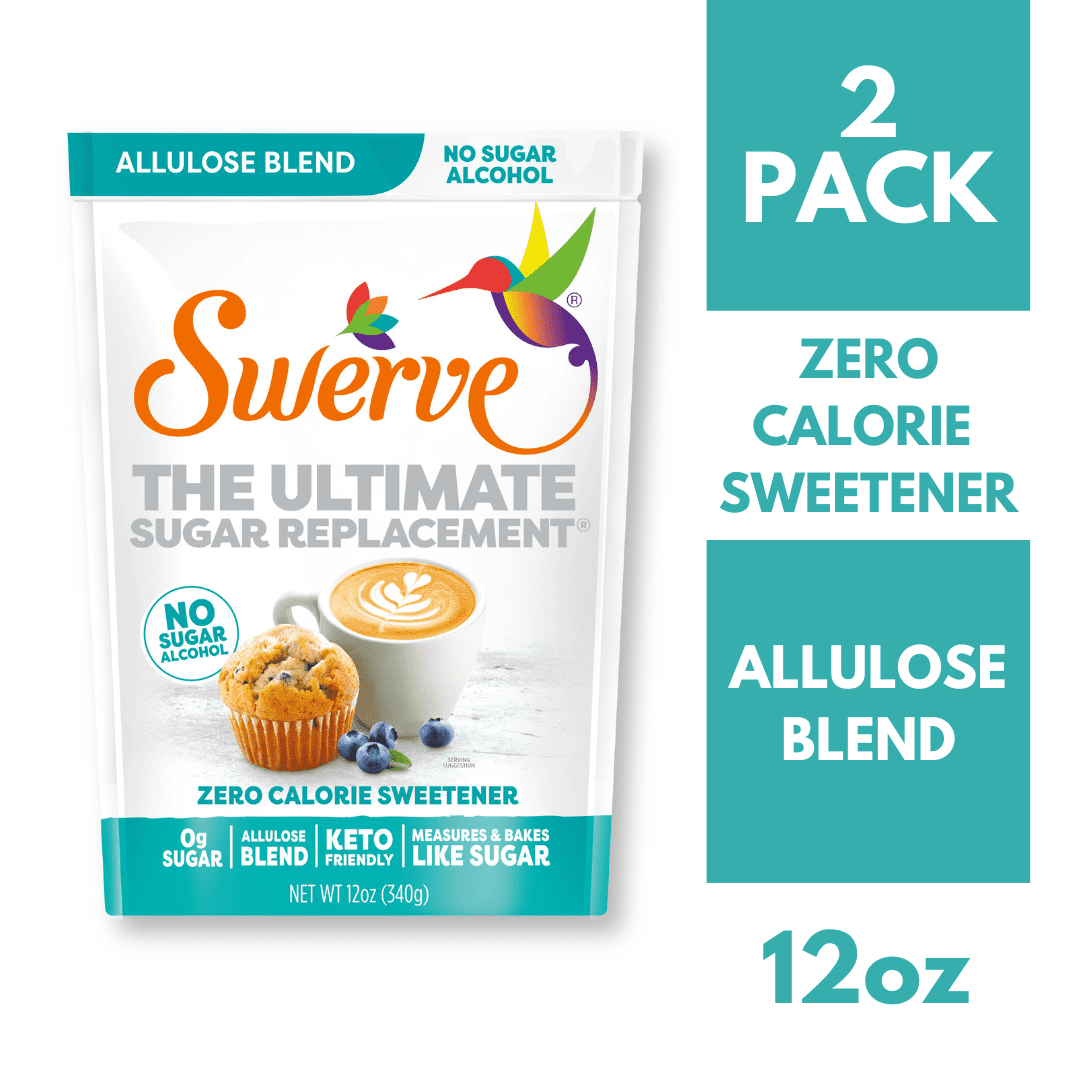Erythritol and Cardiovascular Health

Erythritol is a sugar alcohol that is often used as a sugar substitute in processed foods and beverages. It is generally considered safe for consumption, but recent studies have raised concerns about its potential impact on cardiovascular health.
Potential Risks of Erythritol Consumption for Cardiovascular Health
Erythritol has been linked to an increased risk of blood clots, particularly in individuals with pre-existing cardiovascular conditions. A study published in the journal Nature Medicine found that erythritol levels in the blood were associated with a higher risk of heart attack, stroke, and death from cardiovascular disease. This association was observed even at low levels of erythritol consumption.
Comparison of Erythritol with Other Sugar Substitutes
Erythritol is not the only sugar substitute that has been linked to potential health risks. Other sugar substitutes, such as sucralose and aspartame, have also been associated with negative effects on blood clotting factors. However, the specific mechanisms by which erythritol may increase the risk of blood clots are not fully understood.
Role of Erythritol in the Development of Blood Clots in Individuals with Pre-existing Cardiovascular Conditions
Individuals with pre-existing cardiovascular conditions, such as heart disease or stroke, may be at an increased risk of developing blood clots due to erythritol consumption. These individuals may have underlying factors that make them more susceptible to the effects of erythritol.
Erythritol Consumption and Blood Clot Risk Factors: Erythritol Blood Clots

Erythritol is a sugar alcohol that is often used as a sweetener in food and beverages. While it is generally considered safe for consumption, recent studies have raised concerns about its potential association with blood clots. Understanding the relationship between erythritol intake and blood clot risk factors is crucial for informing public health recommendations and guiding individual dietary choices.
Erythritol and Blood Clot Risk Factors: Age, Gender, and Genetics
Age, gender, and genetics are known to influence the risk of developing blood clots. It is essential to examine how erythritol consumption may interact with these factors.
Age
Older individuals are more susceptible to blood clots due to age-related changes in blood vessel function and increased risk of underlying medical conditions. While research on erythritol’s effect on blood clotting in older adults is limited, it is plausible that its impact might be more pronounced in this population.
Gender
Women, particularly during pregnancy and after menopause, have a higher risk of blood clots compared to men. This is attributed to hormonal fluctuations and other physiological changes. The potential interaction between erythritol and these gender-specific risk factors needs further investigation.
Genetics
Genetic predisposition plays a significant role in blood clotting disorders. Individuals with inherited clotting factor deficiencies or mutations in genes associated with blood clotting may be more sensitive to the effects of erythritol.
Lifestyle Factors Influencing Erythritol’s Impact on Blood Clotting, Erythritol blood clots
Lifestyle factors can significantly impact blood clotting risk. These factors can modify the effects of erythritol on blood clotting, either increasing or decreasing the risk.
Physical Activity
Regular physical activity promotes healthy blood circulation and reduces the risk of blood clots. However, strenuous exercise can temporarily increase the risk of blood clots in some individuals. The impact of erythritol consumption on blood clotting in the context of different levels of physical activity needs further investigation.
Smoking
Smoking damages blood vessels, increases blood clotting, and contributes to heart disease. This makes smokers more susceptible to blood clots. Erythritol consumption in smokers might further exacerbate the risk of blood clots.
Obesity
Obesity is associated with an increased risk of blood clots due to inflammation, changes in blood vessel function, and increased blood viscosity. Erythritol consumption in obese individuals might potentially amplify the risk of blood clots.
Diet
A diet rich in fruits, vegetables, and fiber promotes heart health and reduces the risk of blood clots. Conversely, a diet high in saturated fats and processed foods increases the risk of blood clots. The impact of erythritol consumption on blood clotting in the context of different dietary patterns requires further study.
Study Design to Investigate Erythritol Consumption and Blood Clot Formation
To investigate the association between erythritol consumption and blood clot formation, a well-designed study is necessary.
Study Population
The study population should be selected based on specific characteristics, such as age, gender, genetic predisposition to blood clots, and lifestyle factors. For instance, a study could focus on a population of older adults with a history of blood clots or individuals with specific genetic mutations associated with clotting disorders.
Study Design
A prospective cohort study would be an appropriate design to assess the relationship between erythritol consumption and blood clot formation. This design involves following a group of individuals over time and monitoring their erythritol intake and blood clot incidence.
Data Collection
Data on erythritol consumption could be collected through dietary questionnaires, food diaries, or blood tests. Blood clot incidence could be monitored through clinical examinations, blood tests, or imaging studies.
Statistical Analysis
Statistical analysis would be used to assess the association between erythritol consumption and blood clot formation, controlling for other potential risk factors.
Erythritol blood clots – The recent discovery of erythritol’s potential link to blood clots is alarming, especially considering its widespread use as a sugar substitute. This unsettling news reminds us of the complexities of our world, much like the intricate plot of Christopher Nolan’s Interstellar , where humanity’s survival hinges on a delicate balance of science and fate.
Just as the film explores the vastness of space, we must delve deeper into the intricacies of our own bodies and the potential dangers lurking within seemingly harmless substances.